New ARM chip promises $100 netbooks
ARM announces ‘aggressive’ move into new markets with 2GHz Cortex-A9 chip, as it looks to expand its reach into netbook and mobile internet devices.


ARM, the chip company known for its low-power microchips, has announced that it has clocked its Coretx-A9 processor to 2GHz, giving it a part that it claims will enable it to rival Intel in the netbook market and drive down the cost of machines.
Speaking to IT PRO, Eric Schorn, vice president of marketing for ARM described the new part, codenamed Osprey', as a fundamental departure for the company. "It's a huge departure from our wireless background....we are jumping onto another path," he said.
With Osprey, ARM is moving in the opposite direction to its previous designs, which have commonly been focused on very low-power chips for wireless devices such as phones. "We've taken off the handcuffs and designed a chip with pure performance in mind," said Schorn.
ARM claims that the dual-core Cortex -A9 can deliver five times the performance of Intel's 1.6GHz N270 at the same power envelope, or consume 10 times less power while offering the same level of performance.
As ARM's chips are not x86 compatible, machines powered by its tech would not be able to run Microsoft Windows. However, the chip would be a good fit for netbooks featuring Google's forthcoming Chrome OS, or other flavours of Linux.
According to Schorn, one advantage would be lower cost netbooks. "We're going really aggressive from a cost perspective...they'll be a lot cheaper as we provide our technology to many vendors, enabling them to compete with each other," he said. "The net effect is different designs for less cost. We are seeing the approach of the $100 netbook; competition is good."
In addition to netbooks, Schorn said the Cortex A9 would enable ARM to target smartbooks, MIDs and TV set-top boxes as well as enterprise products such as networking appliances and high-end printers.
Sign up today and you will receive a free copy of our Future Focus 2025 report - the leading guidance on AI, cybersecurity and other IT challenges as per 700+ senior executives
The company has produced what it calls a hard macro' version of the chip, which means that it has completed the physical layout. It expects to deliver final silicon in Q4 this year, and expects chips manufactured by its partners to appear in products by 2010.
Benny Har-Even is a twenty-year stalwart of technology journalism who is passionate about all areas of the industry, but telecoms and mobile and home entertainment are among his chief interests. He has written for many of the leading tech publications in the UK, such as PC Pro and Wired, and previously held the position of technology editor at ITPro before regularly contributing as a freelancer.
Known affectionately as a ‘geek’ to his friends, his passion has seen him land opportunities to speak about technology on BBC television broadcasts, as well as a number of speaking engagements at industry events.
-
 Trump's AI executive order could leave US in a 'regulatory vacuum'
Trump's AI executive order could leave US in a 'regulatory vacuum'News Citing a "patchwork of 50 different regulatory regimes" and "ideological bias", President Trump wants rules to be set at a federal level
-
 TPUs: Google's home advantage
TPUs: Google's home advantageITPro Podcast How does TPU v7 stack up against Nvidia's latest chips – and can Google scale AI using only its own supply?
-
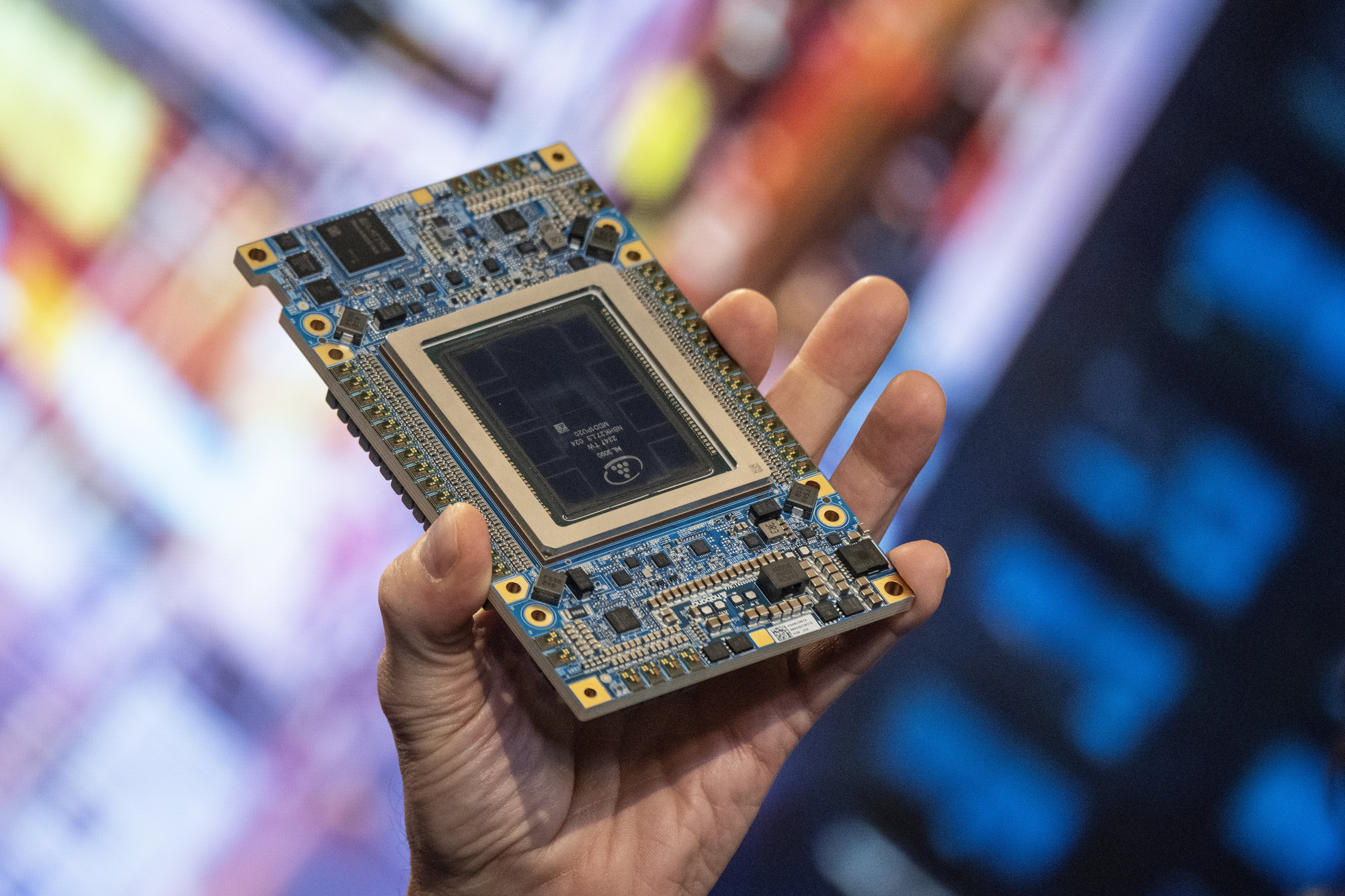 The AI PC is coming: Here’s what you need to know
The AI PC is coming: Here’s what you need to knowAnalysis Analysts believe a new wave of AI PC’s will spur increased tech spending in 2024
-
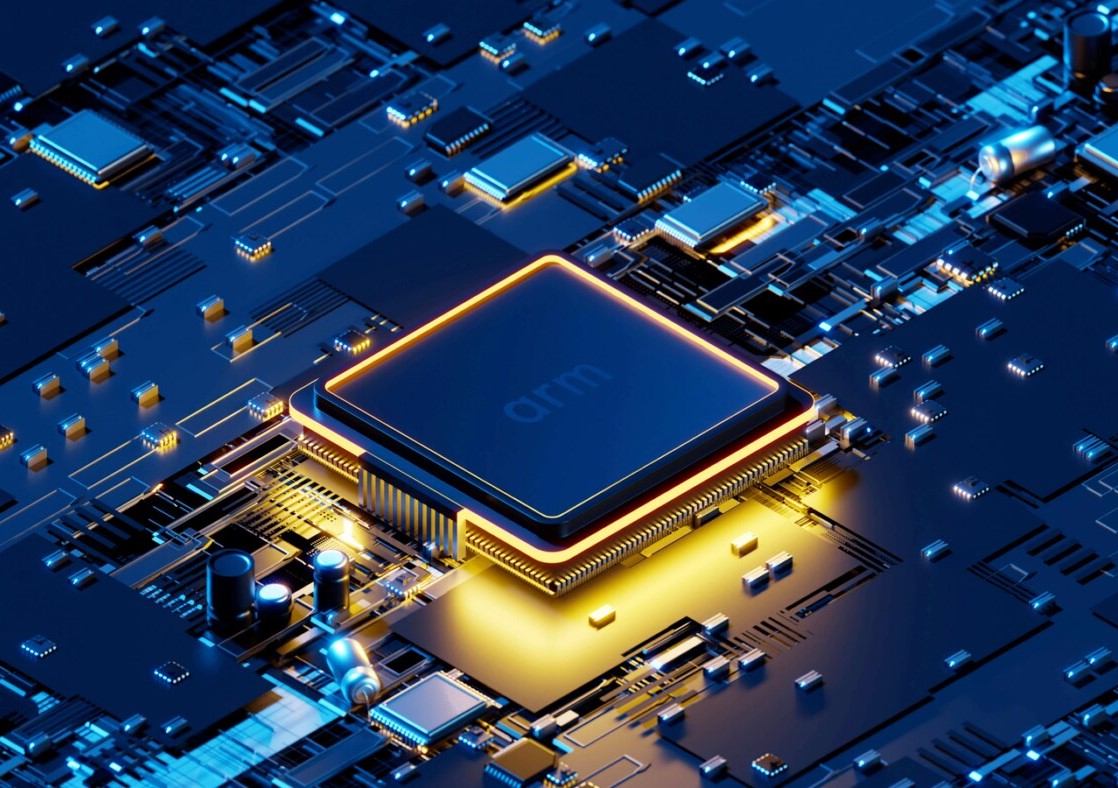 Arm's Cortex-M52 is a powerful compact processor for low-cost AIoT development
Arm's Cortex-M52 is a powerful compact processor for low-cost AIoT developmentNews The Arm Cortex-M52 looks to drive developer enablement in AI-powered IoT devices
-
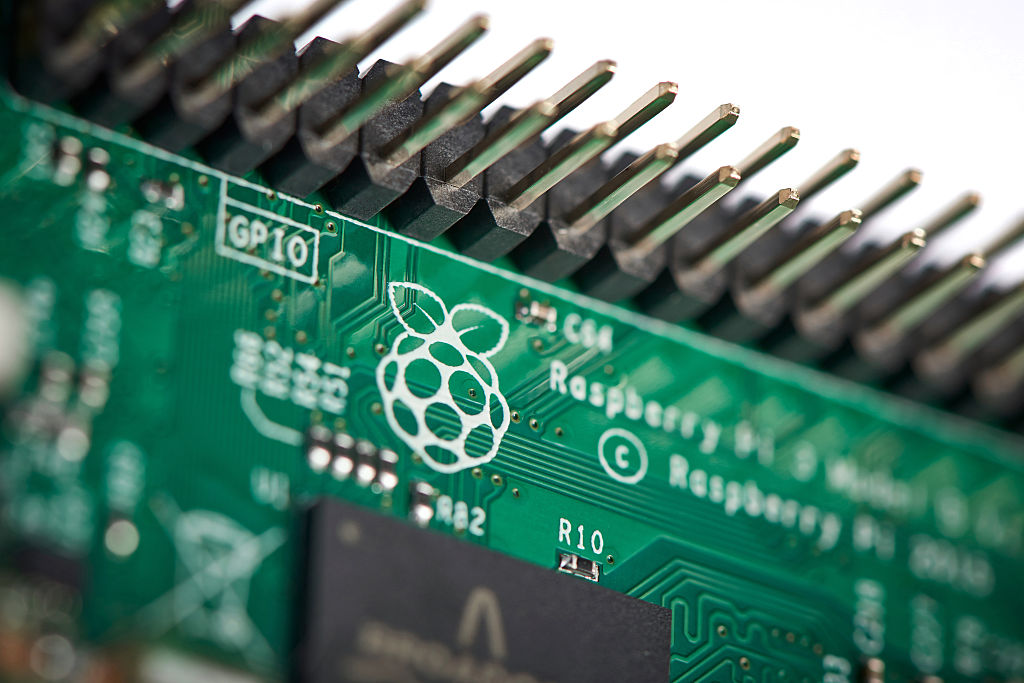 Arm acquires stake in Raspberry Pi in bid to drive IoT development
Arm acquires stake in Raspberry Pi in bid to drive IoT developmentNews The deal confirms a long-standing Raspberry Pi commitment to Arm chips
-
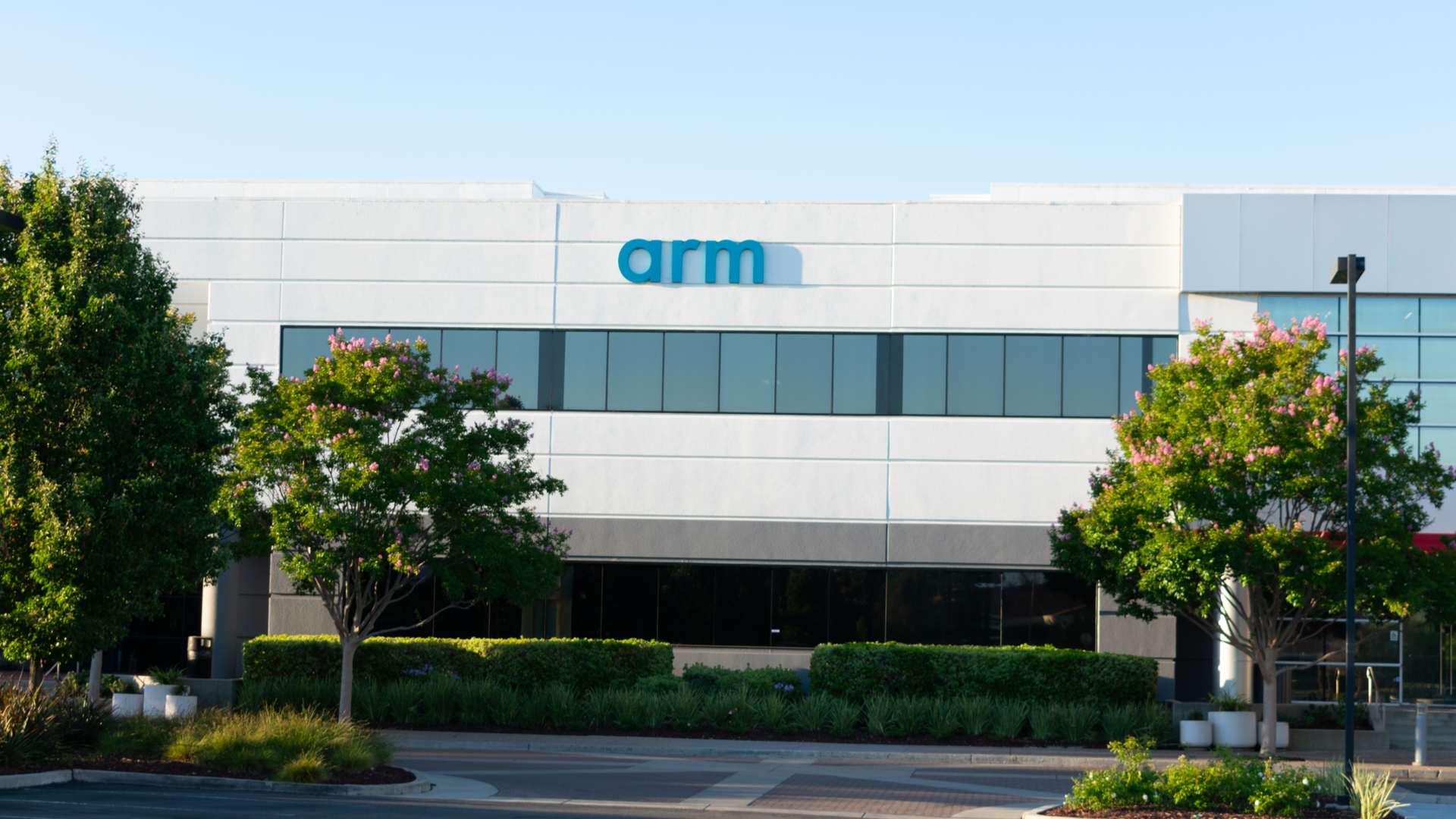 Qualcomm open to investing in Arm as part of consortium
Qualcomm open to investing in Arm as part of consortiumNews This comes after SK Hynix said it was interested in forming a consortium to acquire the British chipmaker
-
 Arm China CEO refuses to step down despite being dismissed
Arm China CEO refuses to step down despite being dismissedNews This is the second time Arm has tried to get rid of the CEO, after falling out with him in 2020
-
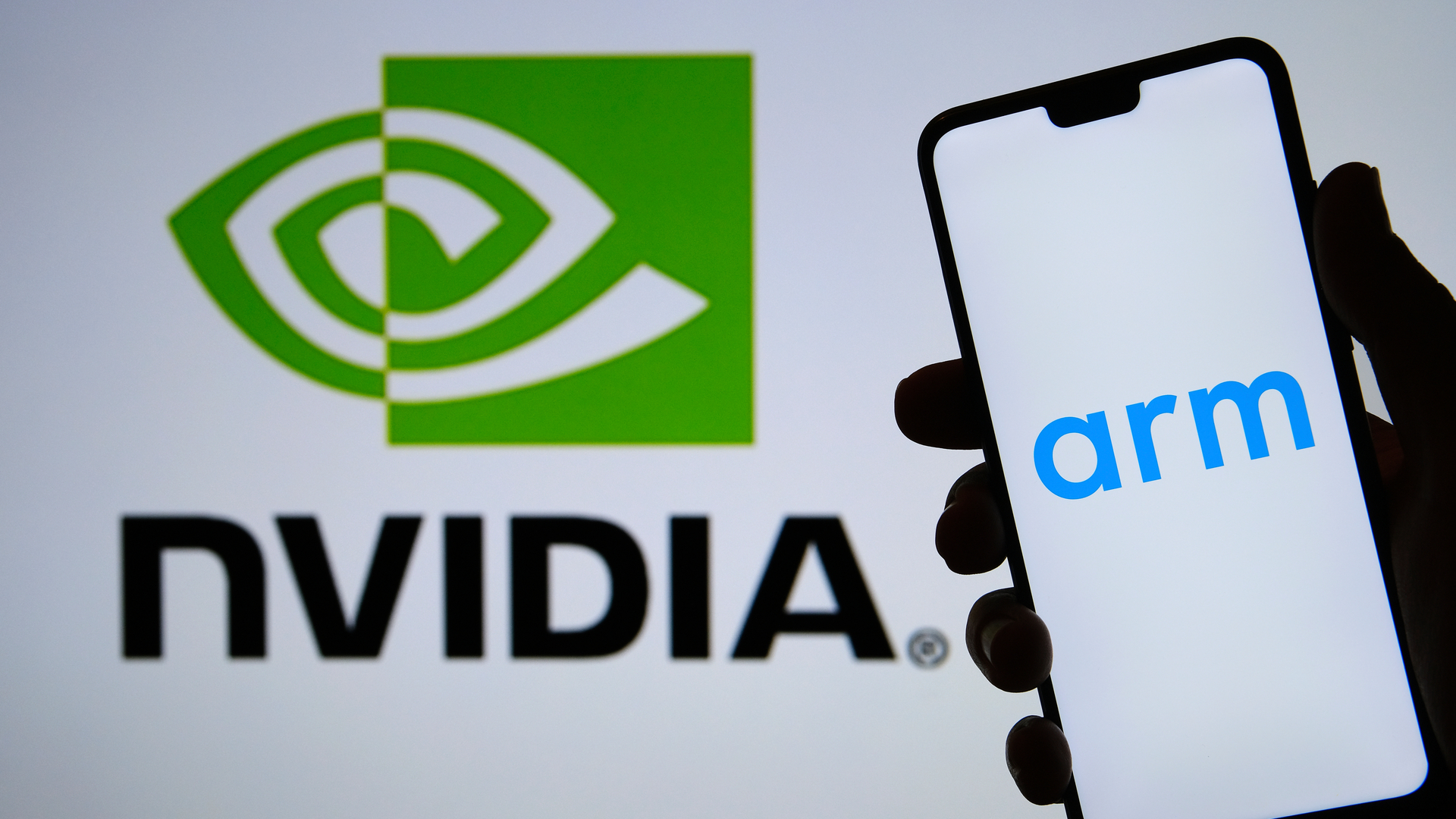 Nvidia warns rivals are exploiting uncertainty surrounding Arm’s future
Nvidia warns rivals are exploiting uncertainty surrounding Arm’s futureNews The company claims Intel and AMD have been getting ahead due to the drawn-out regulatory process
-
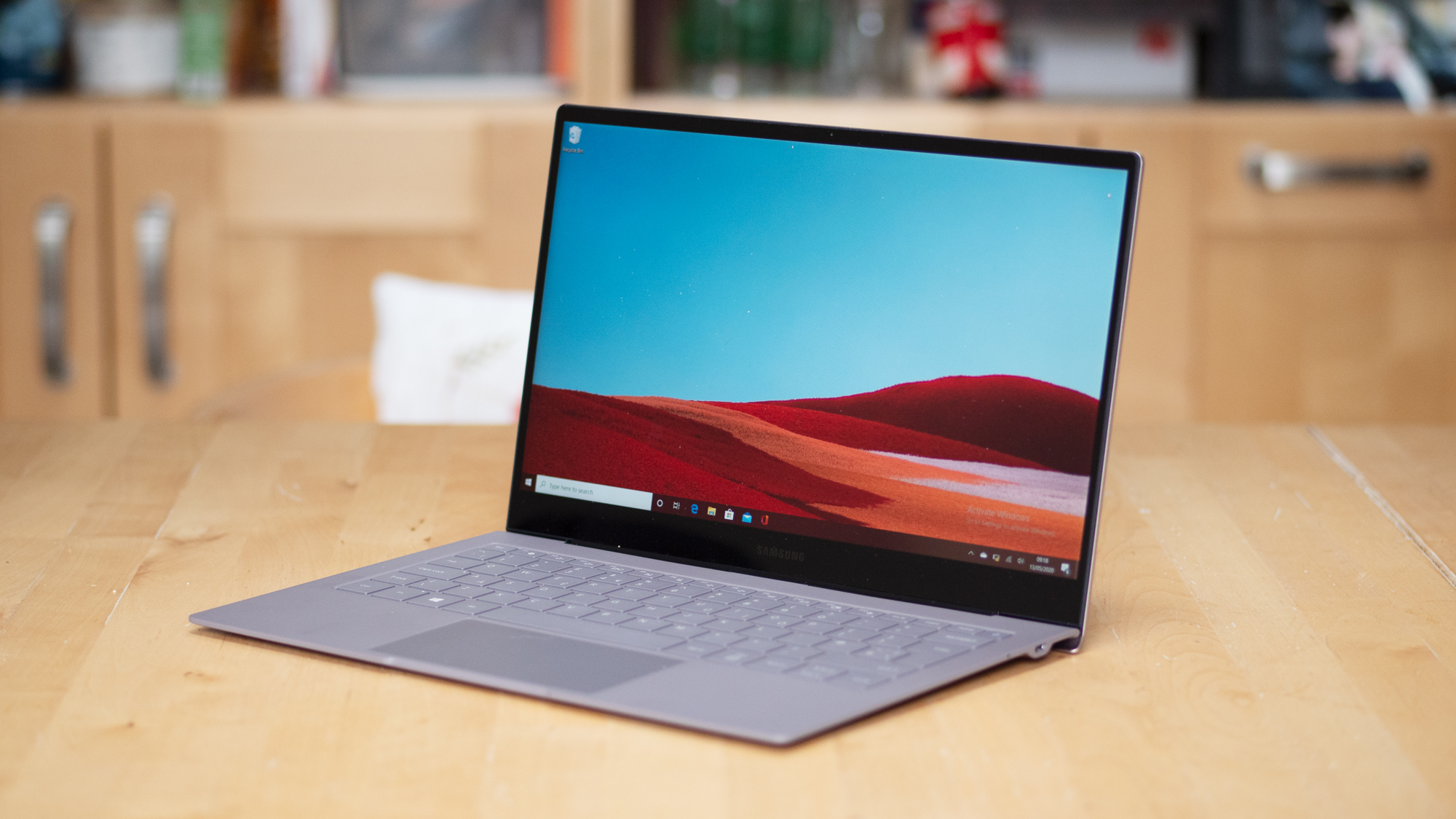
 Samsung Galaxy Book S review: ARMed and dangerous
Samsung Galaxy Book S review: ARMed and dangerousReviews So long, Surface Pro X - Samsung shows us how it’s really done
-
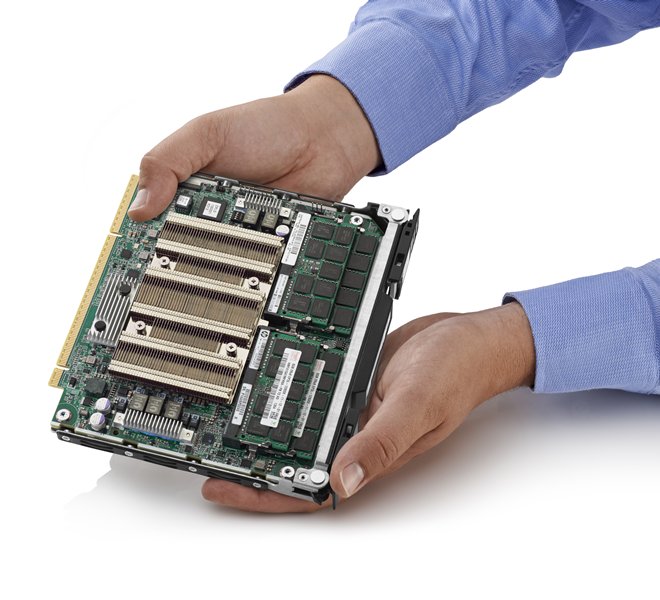 HP packs 64-bit ARM chips into Moonshot servers
HP packs 64-bit ARM chips into Moonshot serversNews ARM coming to a mainstream datacentre near you soon
